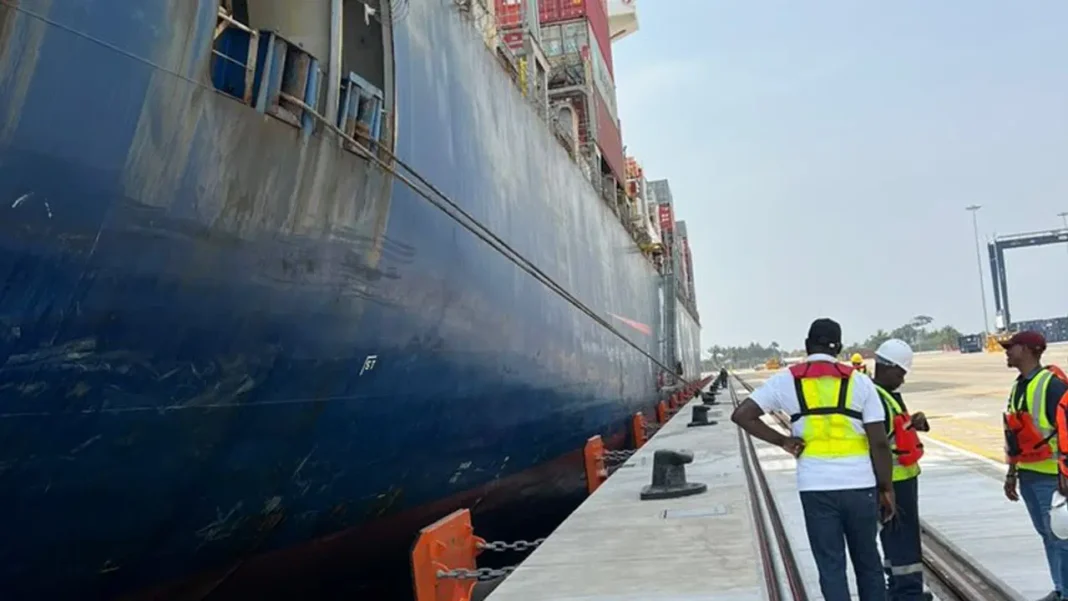The Federal Government has confirmed that Nigeria’s daily petrol consumption has dropped to 50 million litres, with local refineries now supplying half of the demand while the rest is sourced through imports.
Speaking to journalists after a stakeholders’ meeting in Abuja, Ogbugo Ukoha, the Executive Director of Distribution Systems, Storage, and Retailing Infrastructure at the Nigerian Midstream and Downstream Petroleum Regulatory Authority (NMDPRA), clarified that none of the companies involved in domestic refining were importing petrol.


Decline in Petrol Consumption Post-Subsidy Removal
Ukoha attributed the decline in fuel consumption to President Bola Ahmed Tinubu’s removal of the fuel subsidy on May 29, 2023. He noted that prior to the policy, daily petrol demand was around 66 million litres but has since dropped to about 50 million litres.
“Following Mr. President’s withdrawal of subsidy, we immediately saw a steep decline in consumption. Between then and now, we have averaged around 50 million litres daily,” he said.


Ban on 60,000-Litre Tankers Begins March 1
The NMDPRA also announced a ban on 60,000-litre capacity fuel tankers from transporting petrol and other petroleum products, effective March 1, 2025. The decision comes despite opposition from the National Association of Road Transport Owners (NARTO), which warned that the move could result in losses exceeding N300 billion due to investments in over 2,000 high-capacity trucks.
Ukoha explained that the ban is aimed at reducing tanker fire incidents and mitigating the damage caused by overloaded fuel trucks on Nigerian roads.

“In today’s meeting, which included DSS, FEMA, Federal Fire Service, FRSC, and industry stakeholders, it was decided that from March 1, 2025, trucks carrying more than 60,000 litres of fuel will not be allowed to load at any depot,” he said.
He further announced that by Q4 of 2025, the government would impose another restriction, limiting fuel transportation to trucks with a maximum capacity of 45,000 litres.




